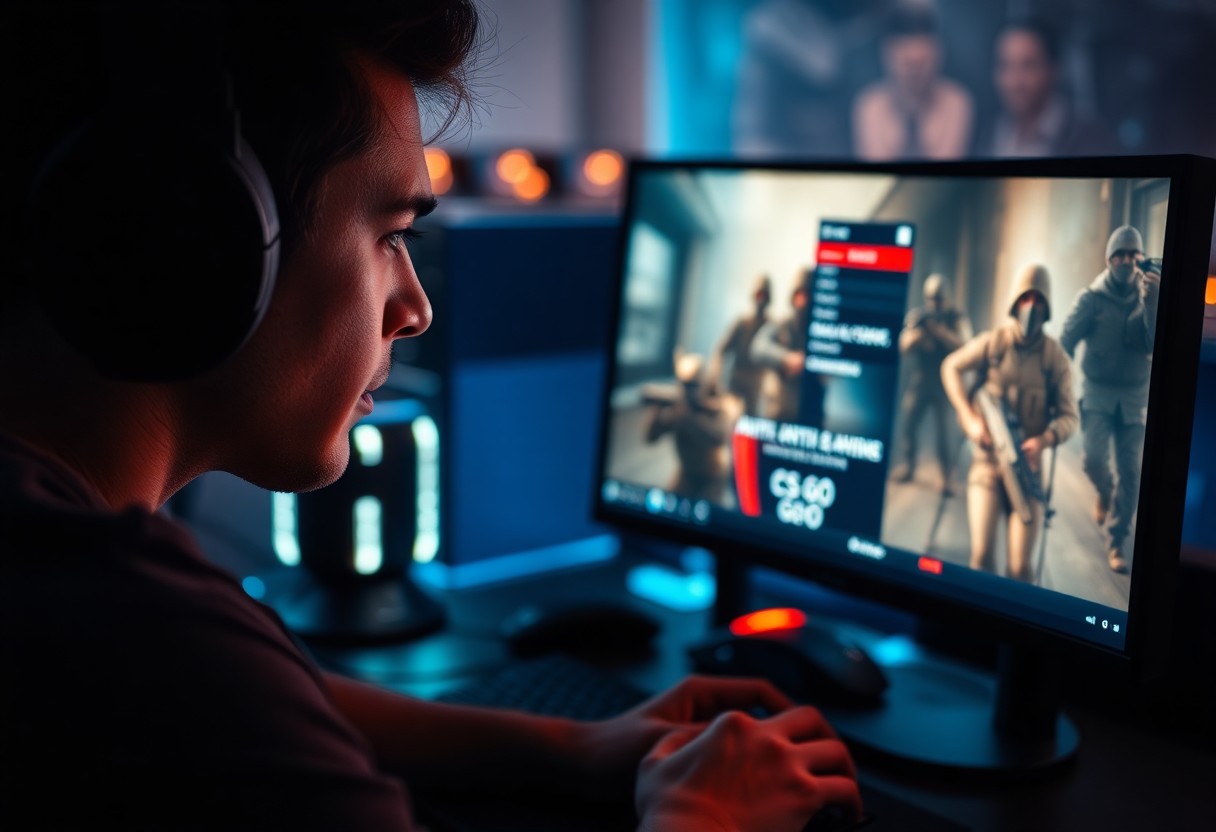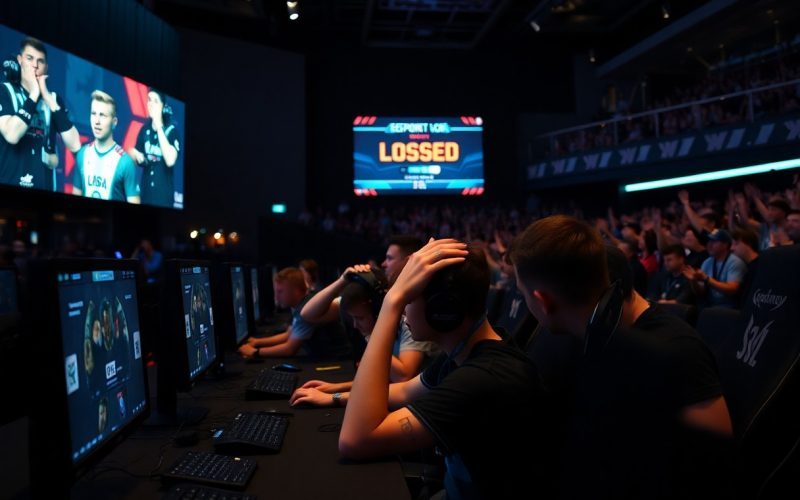There’s a persistent concern in the gaming community regarding the effectiveness of CS:GO’s anti-cheat system. Counter-Strike: Global Offensive (CS:GO), developed by Valve Corporation, has been a staple in the competitive gaming scene since its release in 2012. However, as the game has evolved, so have the methods employed by players to gain an unfair advantage. This ongoing battle between developers and cheaters raises questions about whether the current anti-cheat measures are sufficient to safeguard the integrity of gameplay.
CS:GO employs a system known as “Valve Anti-Cheat” (VAC), which is designed to detect cheating software and disable accounts that are found to be in violation of the game’s rules. Despite this, cheating remains a widespread issue. Players are confronted with the reality that they often encounter opponents using hacks or cheats, which can manipulate game mechanics, provide aim assistance, or facilitate wallhacks that make it easier to spot opponents through barriers. As a result, many gamers express their frustration over how frequent and blatant cheating can be, leading to a diminished gaming experience.
Part of the problem lies in the adaptation of cheating methods. As VAC improves and evolves, cheat developers also refine their tools, creating programs that evade detection. Many cheat programs are marketed as “undetected,” luring players who wish to gain an edge in competitive matches. Consequently, a cat-and-mouse game unfolds, with developers racing to implement new techniques while cheaters find ways to exploit loopholes in the system.
In light of these challenges, the gaming community has proposed various solutions to enhance the anti-cheat experience. One of the most notable is the incorporation of a more robust client-side anti-cheat system, in which players’ games are monitored in real-time. This method could potentially allow developers to act more swiftly against cheating behaviors as they occur. Another suggestion involves utilizing machine learning algorithms to identify unusual player patterns or statistics that could indicate cheating. Such advancements could help curb the prevalence of cheats and make CS:GO a more fair environment for all players.
Additionally, community engagement plays a significant role in updating and improving the anti-cheat mechanisms. Player feedback can provide crucial insights into areas where the system is lacking. The CS:GO community frequently discusses such issues on forums and social media platforms, emphasizing the need for updates and improvements to VAC. Engaging players in this manner helps the developers stay attuned to player sentiments, creating a collaborative effort toward making the game free from cheats.
To put it briefly, while Valve has made strides in refining the CS:GO anti-cheat system, the issue of cheating remains unresolved. The current tools and measures are often outpaced by the evolving methods of cheaters, necessitating continual examination and enhancement. The gaming community’s involvement can help pave the way for a more equitable gaming experience, allowing players to focus on their skills rather than defending against unfair advantages. CS:GO’s journey to a cheat-free environment is ongoing, highlighting the importance of both technical improvements and community engagement in tackling this significant challenge.







